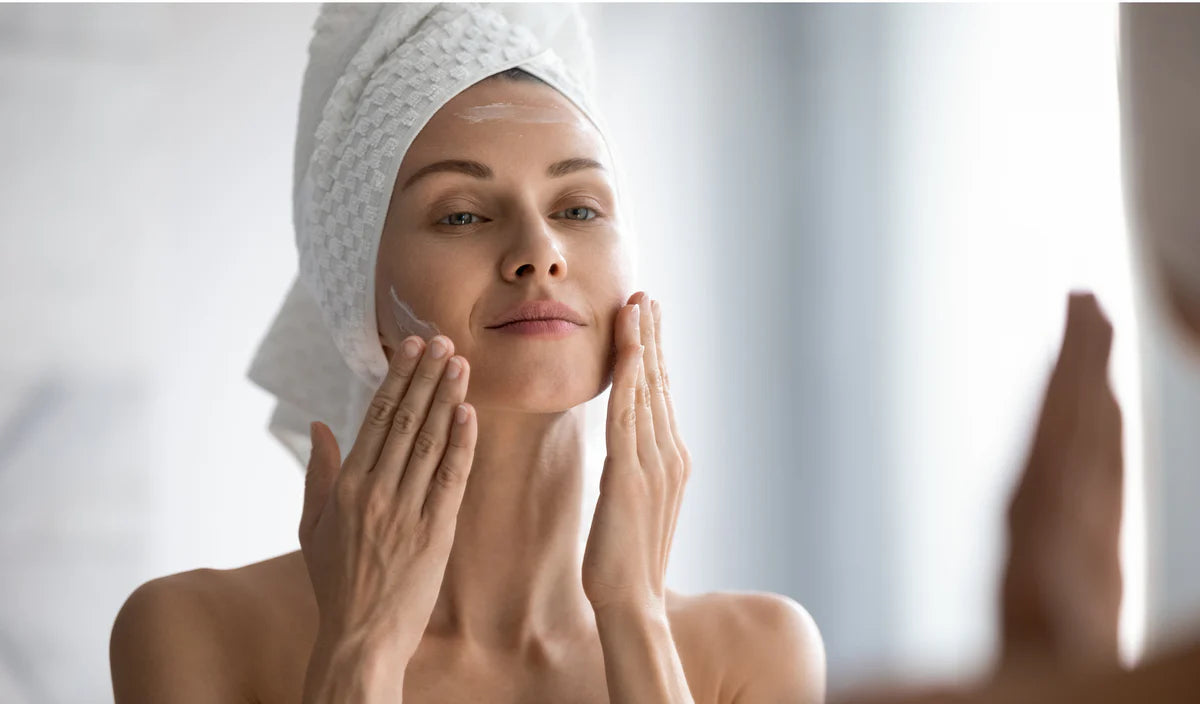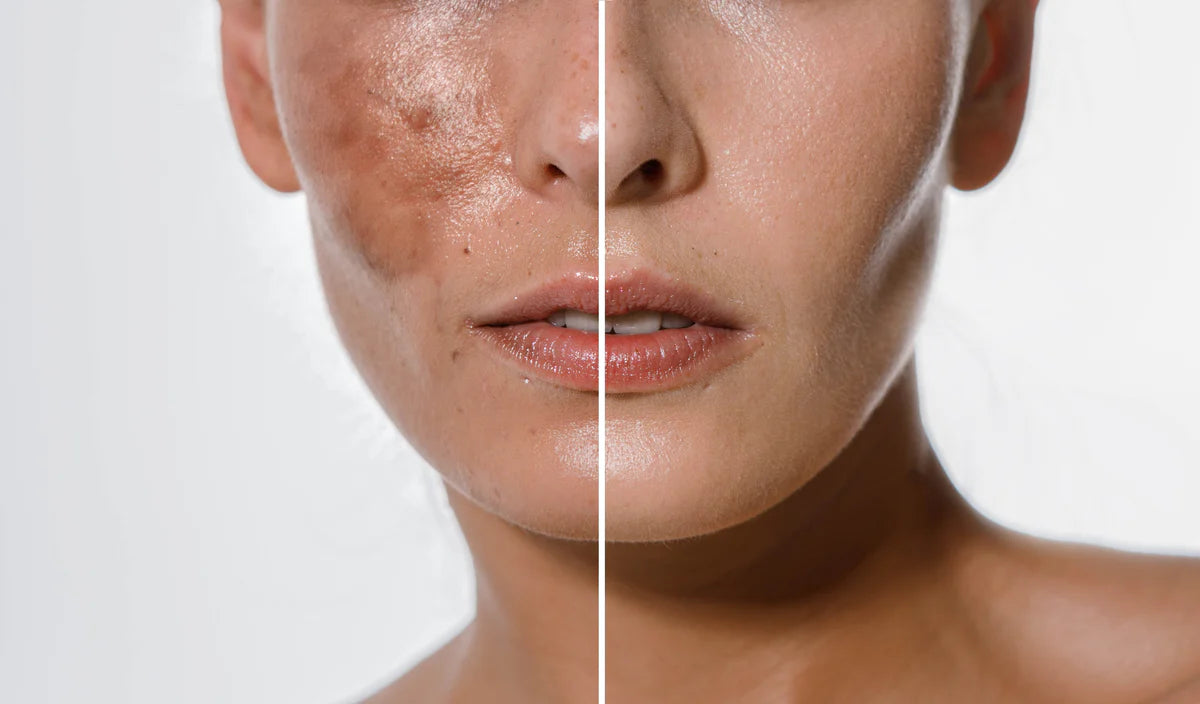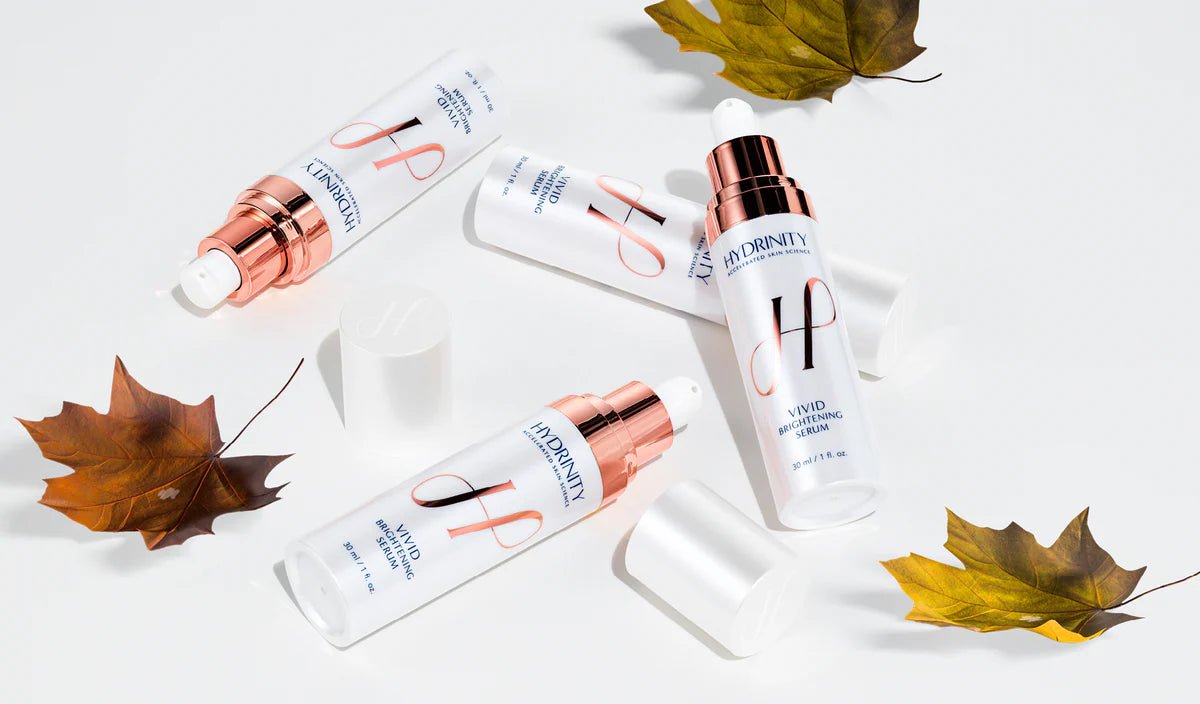Collagen 101
In the quest for beautiful, radiant skin, it's impossible to overestimate the importance of collagen. Here's our guide to help keep it at its healthiest.
What it is: The most abundant protein in our bodies, accounting for about 30% of its total protein. It's also the primary building block of our skin, muscles, bones, tendons, ligaments, and other connective tissues in our organs, blood vessels, and intestinal lining.
What it does for our skin: Collagen keeps our complexions soft, firm, smooth, splotch-free, and luminous by helping our skin cells renew and repair themselves. Both its quantity and quality affect our skin health and appearance.
What happens to collagen over time: As we age, our bodies produce less of it, and its quality diminishes, which weakens the bond between our different layers of skin. This is a primary reason our skin becomes lined, wrinkled and looser.
How to preserve collagen integrity: The most important thing we can do to help prevent premature skin aging is to wear sunscreen, even when we're outside just for short periods. The sun triggers the production of free radicals, highly destructive molecules that poke holes in our collagen, reducing its quantity and eroding its quality.
How to optimize collagen production as we age: Credible scientific research has shown several effective topical ingredients that help promote collagen production while preventing its decline. These include:
- Hyaluronic Acid: Research has found that when wounds in mice were treated with hyaluronic acid, they healed faster than those treated with water. Scientists surmised that hyaluronic acid increased two kinds of collagen levels in the treated areas.
- Vitamin C: Repeated studies show that Vitamin C protects us against photoaging by combatting sun-induced free radicals. It also decreases melanin formation, which helps to diminish dark spots, stabilize collagen fibers, increase collagen synthesis, and preserve existing collagen stores.
- Retinol: Strong research suggests that this vitamin A derivative helps to stimulate the activity of the fibroblasts in our skin that produce collagen while increasing their quantity.
- Peptides: These amino acid strings are messengers to our other skin cells, signaling the body to produce more collagen and elastin.
Consider our Renewing and Restorative HA Serums, the ultimate collagen-boosting and preserving cocktails. We expertly formulate both treatments with our patented supercharged HA molecules, our proprietaryPPM⁶ Technology, Vitamin C-rich Kakadu Plum, and Hexapeptide Leaf Extract, which works like retinol without any of its potentially irritating side effects.



